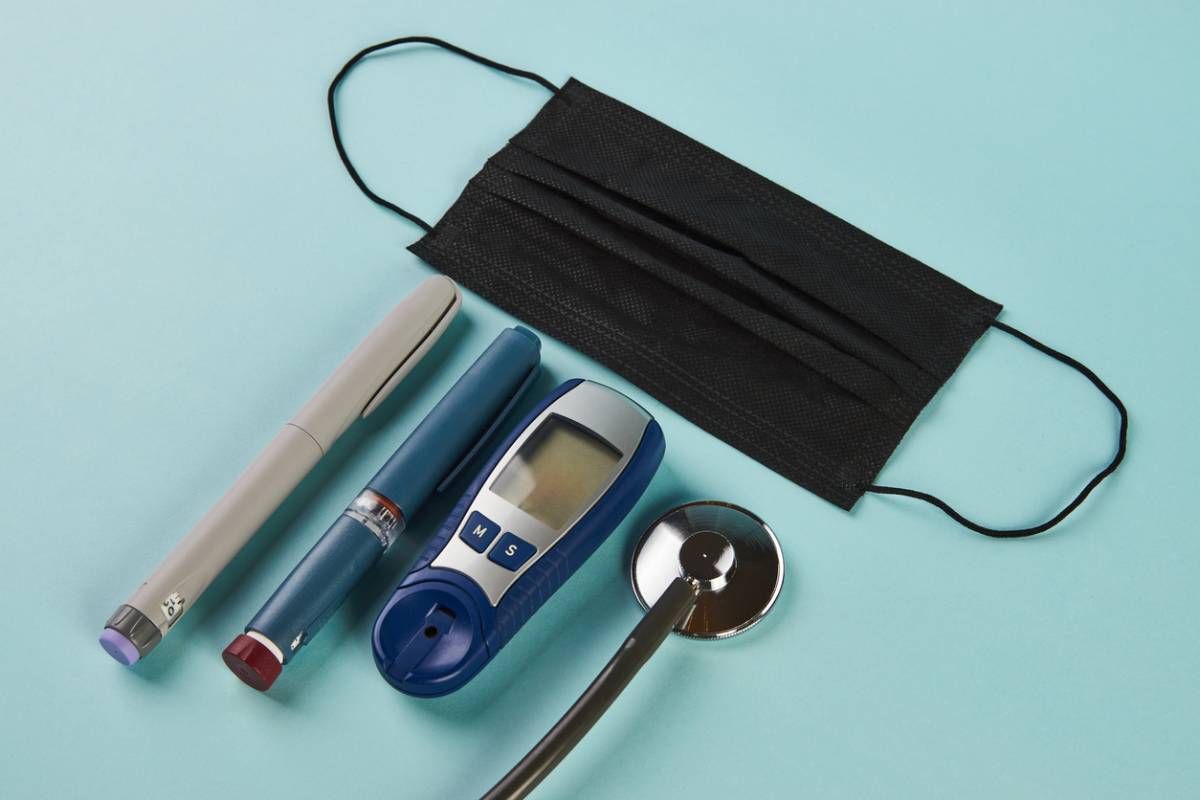While 2020 is becoming more and more a year of the past, we are still seeing some new and interesting things happen as a result of COVID-19. The pandemic continues to sweep across the globe and with it new connections to certain diseases – as well as increased risks. Those who visit their kidney specialist in Los Angeles don’t always expect to have an internal condition develop as a result of their past COVID diagnosis. But unfortunately, we have seen certain diseases such as diabetes and other lifelong conditions continue to show up in patients who have had COVID-19 at one point or another.
Does Diabetes Risk Increase After COVID?
This begs the question: Does diabetes risk increase after COVID? Is there a way to reduce this risk and prevent the development of serious diseases after contracting COVID-19? Read more about what we’ve learned so far and what we recommend in our article below.
New Studies Show New Risks
A recent study published by the American Diabetes Association shows that after studying more than 200,000 people, they have concluded that people are at a greater risk for developing diabetes if they have developed COVID-19. For some, this risk can last for up to a year following their experience with COVID. Even if patients feel well, the effects of this pandemic-led disease can still appear in new, mysterious, and serious new ways.
Unfortunately, we believe this research to be true. That is why we are taking any association between COVID-19 and diabetes seriously, as we work hard to ensure the prevention of chronic diseases in patients of all ages, regardless of prior health status.
How Does Diabetes Affect the Body?
Both Type 1 and Type 2 Diabetes are chronic conditions that can affect many internal organs, including the kidneys. Some people with advanced stages of diabetes have even developed neural issues, with pain and problems spreading to other important systems at work within the body.
Some of the biggest effects of diabetes include:
- Urinary system damage. Unchecked diabetes can damage kidneys to the point where they no longer filter toxins from your urine, which is necessary to prevent poisoning and even sepsis.
- Nervous system damage. Over time, diabetes blocks off certain nerves, preventing them from sending signals throughout your body. This can damage all of your internal organs and cause death if not treated right away.
- Blood damage. Many organs, such as your kidneys, are essential for regulating your blood and keeping it clean. Diabetes attacks the organs and disrupts their functions, which can lead to an imbalance of blood.
Some of the more common long-term effects of diabetes include high blood pressure, extremely high blood glucose levels, and increased risk of stroke, all of which can damage your organs and cause long-term damage that is very difficult to treat.
Reducing and Preventing Diabetes
Fortunately, diabetes is treatable and it is even preventable. Depending on the severity of your symptoms, you can lessen the effects of diabetes when you practice better diet and exercise habits. Healthy eating means including a bigger variety of healthy ingredients in your diet while staying away from processed wheat and sugar.
Try to limit your intake of alcohol and cigarettes, as they can only exacerbate your system. You do not need to push yourself with a rigid workout routine, but investing in regular exercise can make a world of difference to your health.
Learn More About COVID-19 and Diabetes with Dr. Gura
If you are curious about some of the newly-discovered effects of COVID-19 and what other diseases this virus may be associated with, you’ve come to the right place. Get in touch with your trusted kidney specialist in Los Angeles to learn more about the early warning signs of diabetes. Early treatment is the best step to preventing severe symptoms, helping you secure a future of better health.

